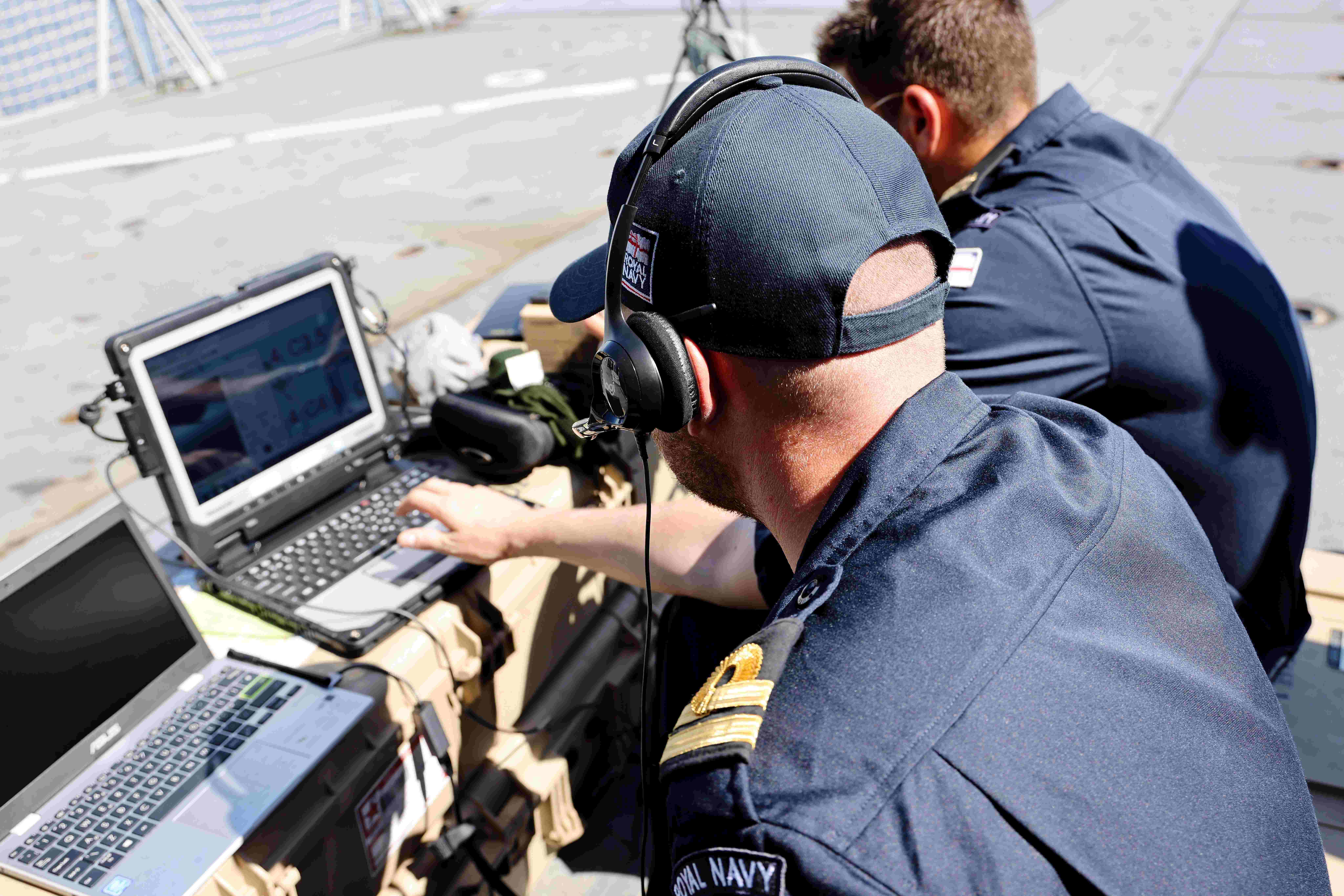
First, we need to create a recruitment process that’s more accessible to veterans. At the moment many recruitment practices can inadvertently exclude people with a military background. To recruit the right candidates successfully, you might need to adapt your recruitment and selection processes or offer flexible employment contracts.
Tips businesses can use to adapt the hiring process when recruiting veterans for roles
Most ex-military personnel join directly from secondary school or college which means they often lack knowledge about the industry sectors, companies, and types of roles open to them. Insight days are a cost-effective way of helping veterans understand your business and the types of jobs on offer.
Practical actions
Hold regular insight days once or twice a year and advertise them on the CTP website, your internal network and through other specialist agencies that support veterans into employment.
Step into Health
As part of its Step into Health programme, NHS England runs a series of ‘information days’ across the country advertising the 300+ career paths available in the NHS. These events take place over half a day and give ex-military personnel the opportunity to find out more about the different NHS organisations, as well as the work experience opportunities, job vacancies and training opportunities available to them. It also gives them a chance to meet NHS recruiters and employees.
Work experience, placements and internships are the best way employers can support veterans to overcome barriers and enter employment. Jobseekers can gain vital first-hand experience of the civilian workplace and employers can find out about the benefits of employing ex-military personnel, prior to any commitments being made by either party.
Practical actions
Create your own work placement/internship programme for ex-military personnel and advertise it through the CTP - Career Transition Partnership and specialist agencies that support veterans into employment.
Providing role-specific training alongside employment will help veterans succeed more quickly in your business. Given the difference to their military way of life and culture, ‘conversion’ training provides an essential introduction to an unfamiliar commercial environment.
Practical actions
Offer skills training on proprietary tools or products that new recruits may be unfamiliar with. Consider implementing a bespoke induction programme which provides new veteran recruits with all the information they need to be a good representative of your organisation.
Many ex-military personnel don’t have experience of the civilian recruitment process and find it difficult to translate and promote their own achievements. You can support them by helping them to tailor their knowledge, skills, and experience to your organisation.
Practical actions
Organise workshops or webinars that focus on helping ex-military jobseekers to define their career goals, draw out their achievements and translate military jargon so that their CV is attractive to employers. You can host these workshops during insight days, military job fairs, or through your own website.
Some veterans choose to remain as reservists. Reservists are men and women who give up their time to train and serve alongside the regular forces, so having a visible reserves policy can help to attract and retain military recruits that would like to continue to serve as a reservist.
Practical actions
Develop a policy that includes paid time off for annual training and guarantees no loss of continuous service or in-work benefits (such as pension contributions) during mobilisation.
The first duty of government is the defence of the realm. Our Armed Forces fulfil that responsibility on behalf of the Government, sacrificing some civilian freedoms, facing danger and sometimes suffering serious injury or death as a result of their duty. In return the whole nation has a moral obligation to the members of the Navy, the Army and the Royal Air Force, together with their families. They deserve our respect, our support and fair treatment.
Finding work can be even tougher for female veterans
You can help overcome these barriers experienced by female veterans by creating a practice that’s inclusive and respectful of all types of people, using neutral language in job descriptions, and involving a more diverse range of people in the interview process.

How NHS Lanarkshire are doing it
NHS Lanarkshire has developed a framework of Values and Competency Based Recruitment which aims to appoint the right person with the right skills, to the right job. This has resulted in improved growth in diversity of veterans and young people/minority ethnic employees.

Where can employers look for veteran talent?
Advertise jobs through the CTP (Career Transition Partnership), military charities, and other agencies.
Find out if any of your employees, or individuals within their networks, have a military background. It can be useful to call upon their advice and knowledge.
Virtual job fairs can be more accessible and cost-effective for small businesses than a in person job fair and would be great way of tapping into the talent pool.
It is clear that we all benefit from our armed forces in terms of our daily security and safety. It is also clear however, that we must ensure all opportunities are available to individuals who make the transition to other roles and careers so that society can continue to reap the benefits of the vast skills and qualities personnel acquire during service, long after their service period has ended.
Veterans are ready to get to work
Highly trained veterans with a wide range of skills and can-do attitudes are available to employ now. Discover how you can access their skills and recruit them into your business today.
